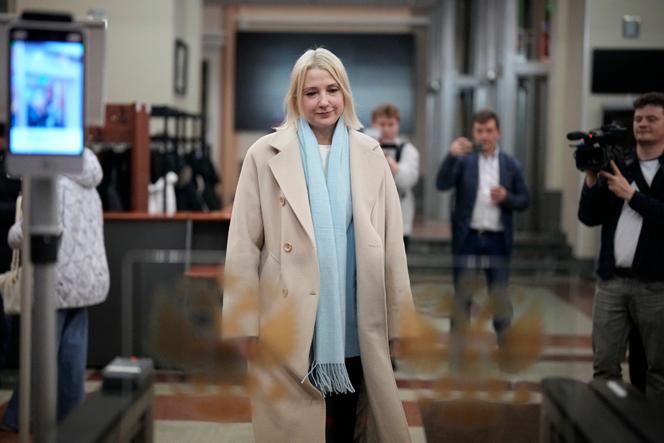


On December 16, a few days after announcing his candidacy for the March 17, 2024, Russian presidential election, Vladimir Putin met with the heads of those parliamentary groups represented in the Duma to discuss the organization of the election. The meeting – which was entirely a formality – left no impression other than an impassioned declaration by the leader of the Communist Party, which is theoretically the leading opposition party.
Addressing Putin, Communist leader Gennady Zyuganov stated, "I'm sorry to tell you, but I'd like to have the person who let you go out without headgear at -15 degrees [a few hours earlier at a submarine inauguration] whipped. [...] The health of the commander-in-chief in the conditions of war is the health of the nation!"
This scene – anecdotal though it may be – has set the tone for the presidential campaign to come, and for the intensity of competition to be expected. The Communist Party nominated one of its apparatchiks as its candidate: Nikolai Kharitonov, who had already supported Putin in 1999 and whose main characteristic seems to be his age, 75, which exceeds that of the incumbent president, 71. In a recent interview, Kharitonov had refused to say whether he was "better" than Putin.
In this context, the Central Electoral Commission's refusal to register candidate Yekaterina Duntsova came as no surprise. This 40-year-old journalist from the town of Rzhev (Tver region, west of Moscow) – who was unknown to the general public – had managed to arouse unexpected enthusiasm and curiosity among a fringe of public opinion, without being mentioned once in official media. Three hundred thousand people, for example, had subscribed to her Telegram channel, and hundreds lined up on December 17 in Moscow to join her support group. Some were questioned by the police.
Choosing her words carefully, to avoid falling foul of the military censorship laws adopted in March 2022, she had clearly implied her opposition to the "special military operation" in Ukraine, and called for the release of "political prisoners."
Citing "errors in documents" submitted to register her candidacy – a pretext used on countless occasions in recent years – the electoral commission rejected her application on Saturday, December 23.
The commission's chairwoman, Ella Pamfilova, said to the rejected candidate: "You're a young woman, your future is still ahead of you..." The same words she used when she refused to register Alexei Navalny for the 2018 presidential election. Since then, Navalny has survived a poisoning attempt and been sent to prison. His whereabouts unknown for the past three weeks, Navalny was finally found on Monday, December 25, in a "special regime" prison colony in the Arctic town of Kharp.
You have 35% of this article left to read. The rest is for subscribers only.
